Agriculture plays a crucial role in sustaining the world’s population, and effective irrigation systems are critical for ensuring maximum productivity. The traditional irrigation methods can be time-consuming, labor-intensive, and sometimes inefficient in water usage. Thankfully, advancements in technology have introduced innovative solutions, such as rain pipes, which are proving to be a game-changer for farmers worldwide. In this article, we’ll explore the many benefits and applications of rain pipes in modern agriculture. 1. Introduction to Rain Pipes: Rain pipes are a cost-effective and efficient solution for irrigating crops. Made of PVC material, these pipes are lightweight, flexible, and easy to install. They consist of evenly spaced holes that allow water to drip uniformly along the length of the pipe, mimicking the effect of rainfall. Rain pipes are available in various lengths, diameters, and hole sizes, making them suitable for different crops and field sizes.
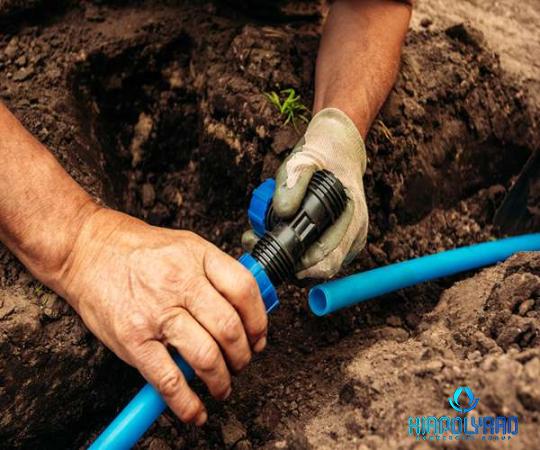
.
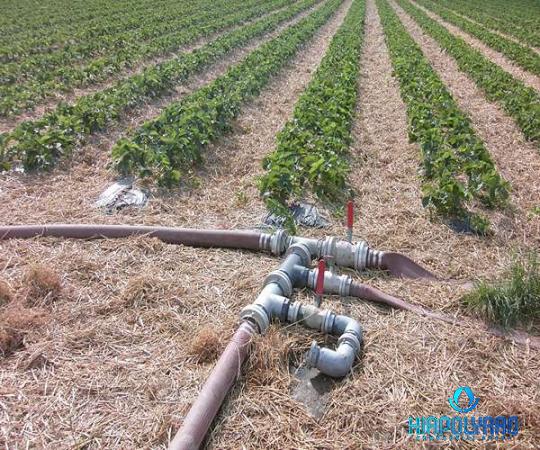 2. Benefits of Rain Pipes for Agriculture: a) Water Conservation: Rain pipes are highly efficient in water usage. The controlled drip irrigation method minimizes water wastage by directly targeting the root zone of plants, rather than sprinkling water over the entire field. This leads to significant water savings, especially in areas facing water scarcity. b) Reduced Labor and Energy Costs: Traditional irrigation methods often require manual labor and energy-intensive practices. Rain pipes eliminate the need for labor-intensive tasks such as moving sprinklers or setting up complex irrigation systems. Farmers can save time and reduce labor costs, contributing to improved productivity and profitability. c) Crop Health and Yield: Uniform water distribution provided by rain pipes ensures optimal moisture levels throughout the field.
2. Benefits of Rain Pipes for Agriculture: a) Water Conservation: Rain pipes are highly efficient in water usage. The controlled drip irrigation method minimizes water wastage by directly targeting the root zone of plants, rather than sprinkling water over the entire field. This leads to significant water savings, especially in areas facing water scarcity. b) Reduced Labor and Energy Costs: Traditional irrigation methods often require manual labor and energy-intensive practices. Rain pipes eliminate the need for labor-intensive tasks such as moving sprinklers or setting up complex irrigation systems. Farmers can save time and reduce labor costs, contributing to improved productivity and profitability. c) Crop Health and Yield: Uniform water distribution provided by rain pipes ensures optimal moisture levels throughout the field.
..
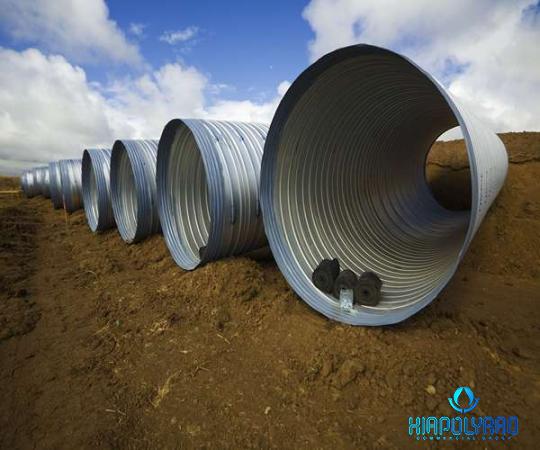 This promotes healthy plant growth, minimizes water stress, and reduces the risk of diseases caused by over-watering or uneven irrigation. Ultimately, this results in higher crop yields and improved overall farm productivity. d) Flexibility and Adaptability: Rain pipes can be customized to suit specific crop requirements. Farmers can adjust the length, hole size, and water flow rate according to the crop’s stage of growth, soil type, and climate conditions. This flexibility allows for precise and tailored irrigation, ensuring crops receive the right amount of water at the right time. 3. Applications of Rain Pipes: Rain pipes can be used in various agricultural settings, including: a) Open Fields: Rain pipes are suitable for both small and large-scale farming. They can efficiently irrigate row crops, such as vegetables, grains, and oilseeds. The flexibility of rain pipes allows them to adapt to the natural contours of the land, ensuring uniform water distribution. b) Orchards and Plantations: Fruit orchards and plantations often require specific irrigation techniques to support healthy growth and high yields. Rain pipes can be installed alongside trees or plants, delivering water directly to the root zone.
This promotes healthy plant growth, minimizes water stress, and reduces the risk of diseases caused by over-watering or uneven irrigation. Ultimately, this results in higher crop yields and improved overall farm productivity. d) Flexibility and Adaptability: Rain pipes can be customized to suit specific crop requirements. Farmers can adjust the length, hole size, and water flow rate according to the crop’s stage of growth, soil type, and climate conditions. This flexibility allows for precise and tailored irrigation, ensuring crops receive the right amount of water at the right time. 3. Applications of Rain Pipes: Rain pipes can be used in various agricultural settings, including: a) Open Fields: Rain pipes are suitable for both small and large-scale farming. They can efficiently irrigate row crops, such as vegetables, grains, and oilseeds. The flexibility of rain pipes allows them to adapt to the natural contours of the land, ensuring uniform water distribution. b) Orchards and Plantations: Fruit orchards and plantations often require specific irrigation techniques to support healthy growth and high yields. Rain pipes can be installed alongside trees or plants, delivering water directly to the root zone.
…
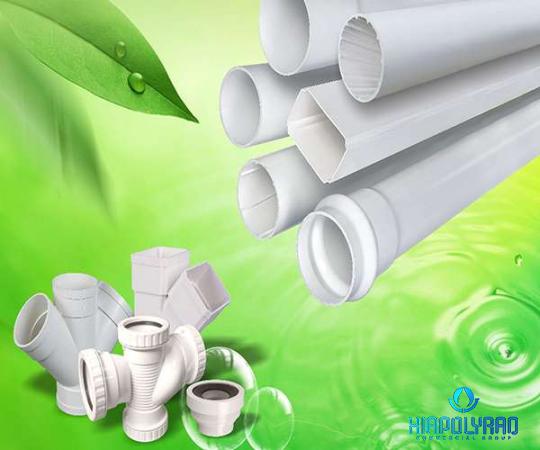 This targeted irrigation helps prevent overspray and reduces water loss due to evaporation. c) Greenhouses and Polyhouses: Rain pipes are ideal for greenhouse and polyhouse cultivation, where maintaining a controlled environment is crucial. With rain pipes, farmers can easily achieve precision irrigation, ensuring optimal moisture levels for greenhouse crops. Conclusion: Rain pipes have emerged as a revolutionizing irrigation technology for agriculture. The benefits they offer, including water conservation, reduced labor and energy costs, improved crop health, and flexibility in application, make them a highly viable choice for farmers worldwide. By embracing rain pipes, farmers can enhance their productivity, maximize crop yields, and contribute to sustainable agricultural practices.
This targeted irrigation helps prevent overspray and reduces water loss due to evaporation. c) Greenhouses and Polyhouses: Rain pipes are ideal for greenhouse and polyhouse cultivation, where maintaining a controlled environment is crucial. With rain pipes, farmers can easily achieve precision irrigation, ensuring optimal moisture levels for greenhouse crops. Conclusion: Rain pipes have emerged as a revolutionizing irrigation technology for agriculture. The benefits they offer, including water conservation, reduced labor and energy costs, improved crop health, and flexibility in application, make them a highly viable choice for farmers worldwide. By embracing rain pipes, farmers can enhance their productivity, maximize crop yields, and contribute to sustainable agricultural practices.

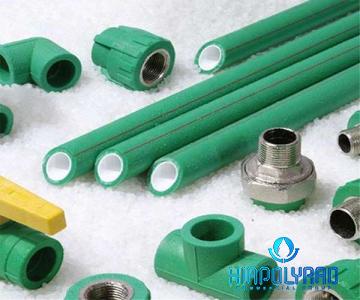
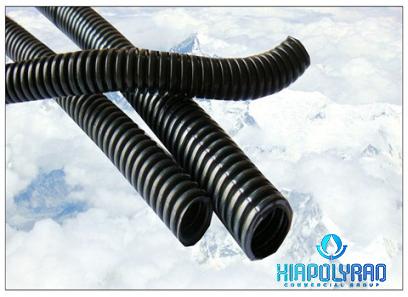
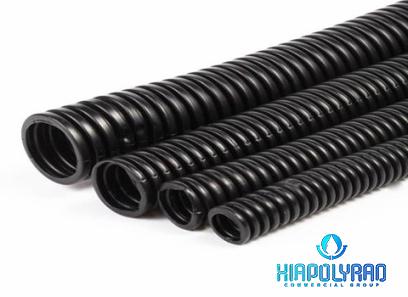
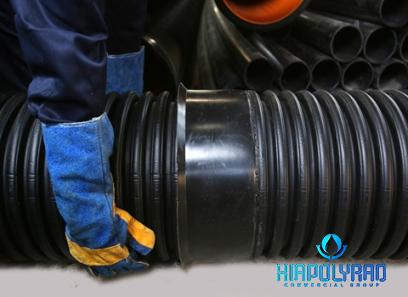
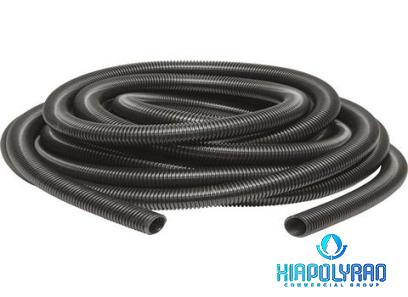

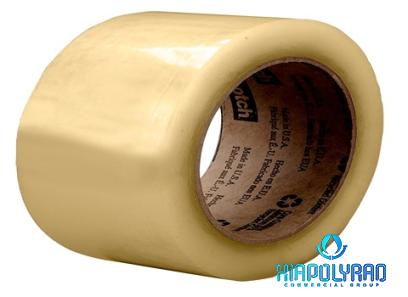
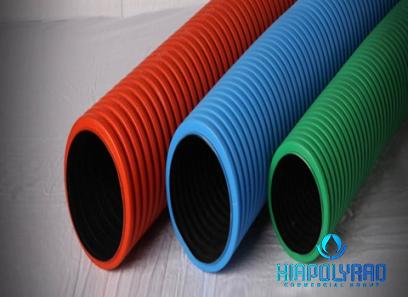
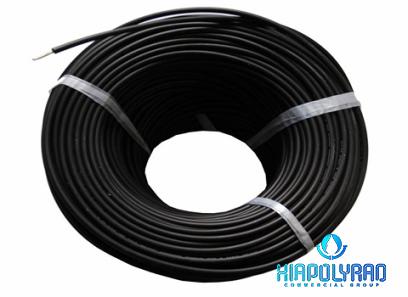
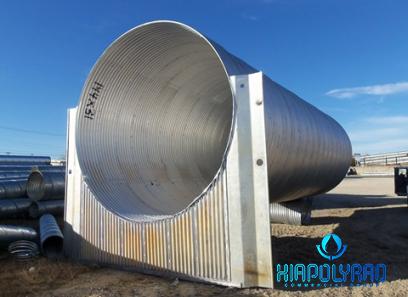
Your comment submitted.